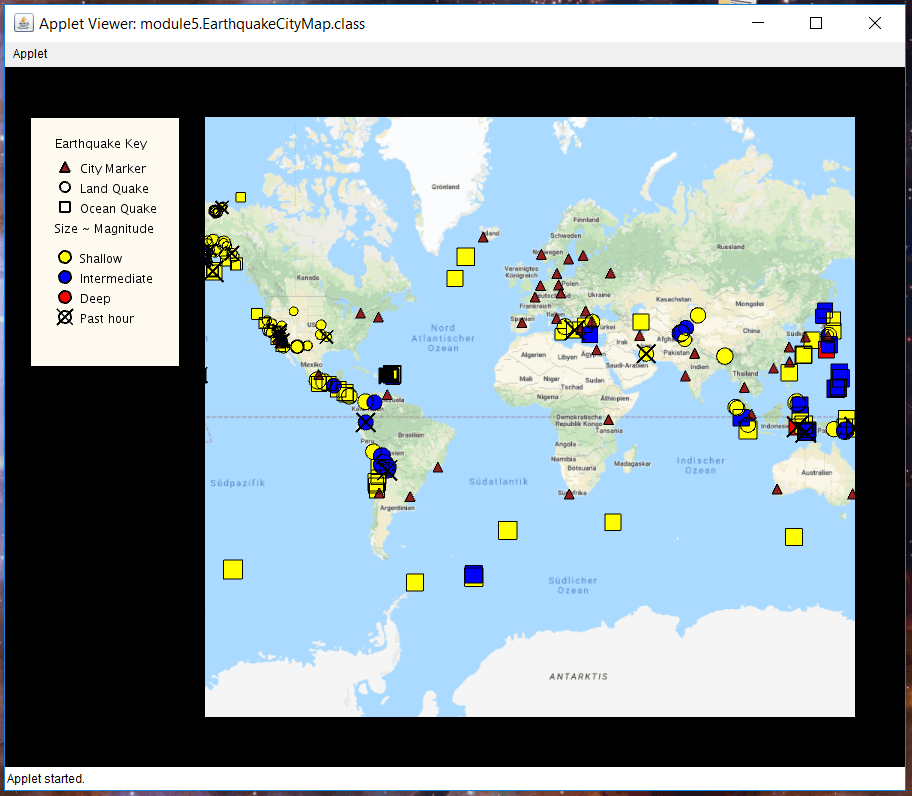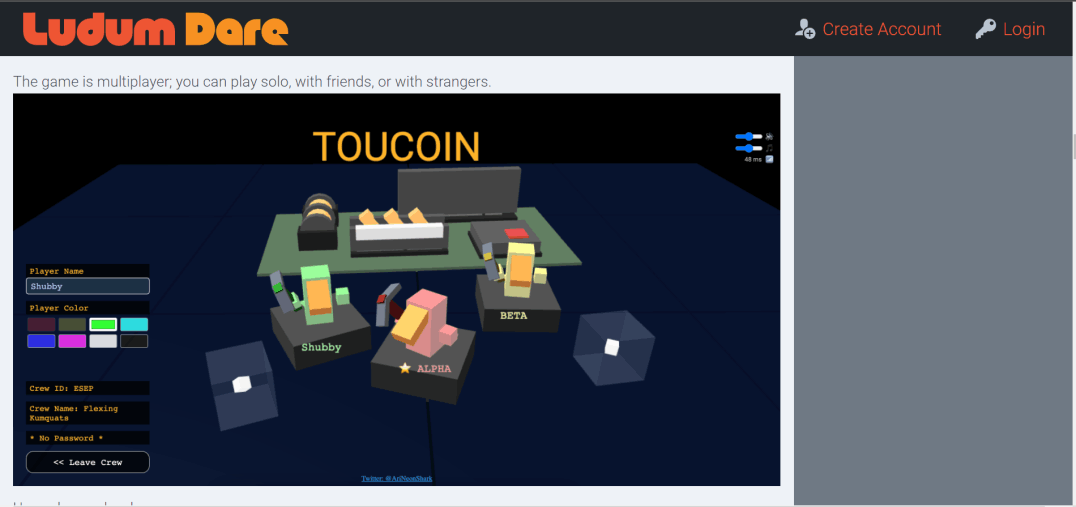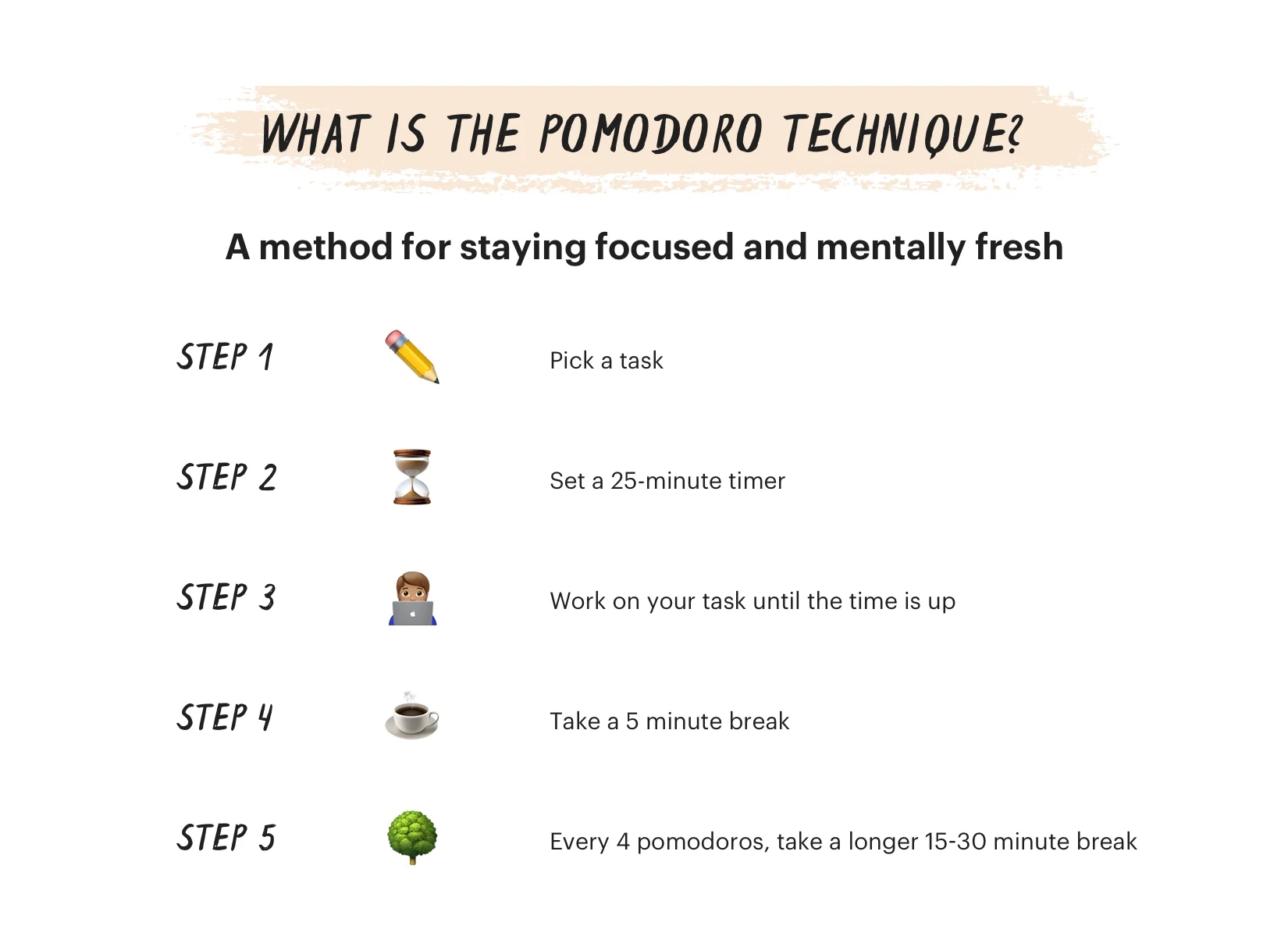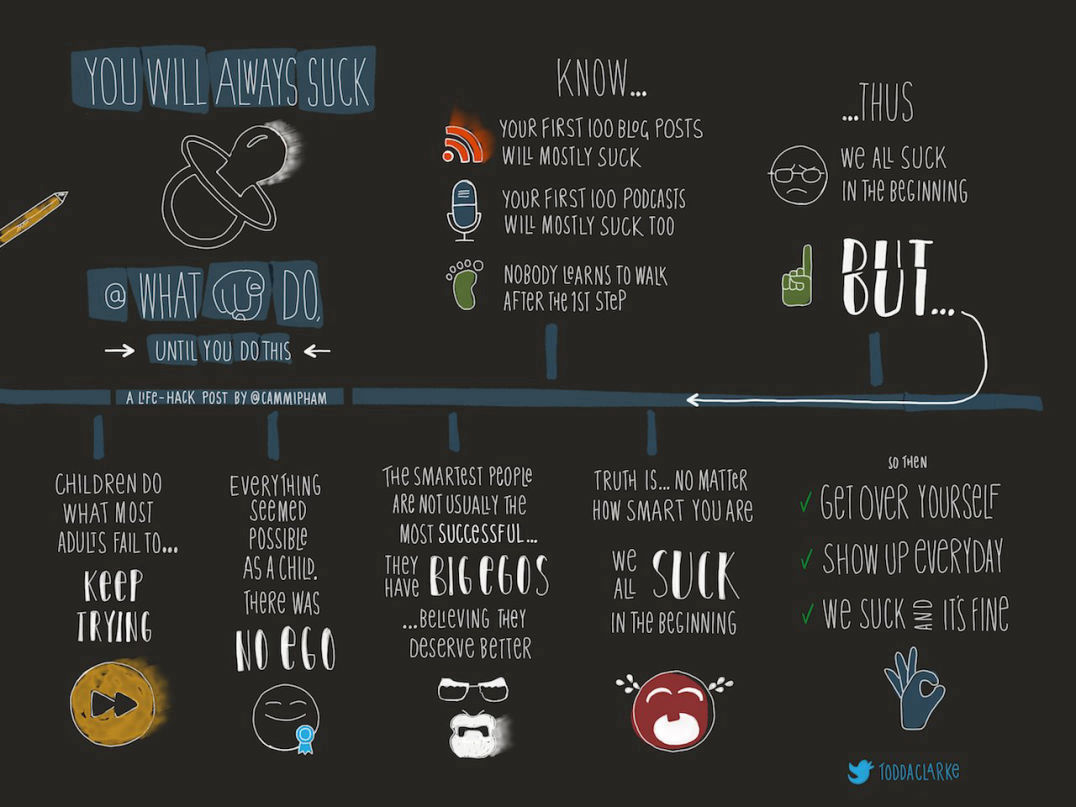
May 10, 2022
I enrolled in my first MOOC back in 2017. It was a course on Data Science by John Hopkins University. Now, this was before MOOCs started becoming mainstream, but I was curious and wanted to learn on my own.
I ended up finishing the entire Data Science specialization within 6 months. And I got hooked.
Soon after, I enrolled in another course. Then another one.
What resonated with me the most, was the fact that I was actually learning, for myself, for the first time. And that I had access to such premium educational resources for free.
By the time I graduated college, I had almost completed 50 MOOCs.
Nowadays I spend most of my time studying from textbooks and reference books, but the foundation those MOOCs gave me is invaluable.
In this post, I am gonna share 10 ways you can study MOOCs (or any self-learning material) on your own. Some of them are my insights. Others, I found while researching best study practices.
The 10 study practices:
1. Develop a Macro-Micro Plan
2. Apply Restrictions
3. Incorporate Project-Based Learning
4. Work on Projects that matter to you
5. Manage Time & Take care of yourself
6. Intensity, Frequency and Duration
7. Manage your Attention Span
8. Productive Failure
9. Join a Study group
10. Develop a Growth Mindset

Ok. This might be the most important step. Have a macro/micro plan. What does a macro/micro plan mean?
A macro plan is a very high-level description of a project. It’s short and concise, just hitting the important highlights—the things you need to know to get the job done, with no unnecessary fluff and no down-to-the-minute scheduling.
Micro plan, on the other hand, is the opposite of macro-planning: it involves lots and lots of details and a very intense schedule to get the work done.
You need to have a clear objective in mind before you actually enroll in any program. Most of us don’t really know what we want out of a MOOC.
For example, your macro plan could be:
Complete a Web Development Specialization in 4 months.
The micro plan involves creating a day-to-day schedule on when/where/how you are gonna achieve that goal.
So, a sample micro plan could be like this:
Monday: 7:00 p.m. - 8:30 p.m. - Study Module 1 & 2 from the course
Thursday: 6:00 p.m. - 7:00 p.m. - Finish all the exercises for the week.
Sunday: 9:00 a.m. - 1:00 a.m. - Work on my front-end website project.
We live in the age of abundance. You can access anything, anytime. And while this has great benefits, the plethora of choices makes us numb and confused.
We develop a hoarding mentality - registering for multiple courses at a time with full gusto, only to end up not finishing even one, at the end of the month.
Rather, you should self-impose a final deadline, and make the learning materials available only for certain intervals. A shockingly low percentage of people actually start an on-demand course if it is constantly available, even if they pay for them. People often purchase on-demand courses on platforms like Udemy or Coursera, but in some courses, only a quarter of those who purchase log in to watch the first video.
You need to apply self restrictions. If you are new to MOOCs, I’d advise you to study only 1 MOOC at a time. Finish it, and then register for the next one. For intermediate learners, you can study 2-3 MOOCs at a time, depending on your goals and free time.
Let’s face it - most MOOCs can be pretty boring. It’s just you watching the screen, lecture after lecture, without actually doing something.
It doesn’t need to be this way.
Several MOOCs provide you with projects. And while this might increase your workload, projects are actually one of the best ways to learn better and motivate you to study more!
For the Object-Oriented Programming in Java course, I built an Interactive Map with Geospatial data.
It was a challenging task - yes, But it help me cement all the concepts I’d previously learned. And - not to mention - I made a pretty cool project ;)
In case your MOOC does not have a project/exercise, I’d strongly recommend working on one yourself. This could be in the form of:
A digital asset (design, photograph),
Blog (your opinion on an idea),
A digital product (webpage, app, widget)

The Project on Interactive Map with Geospatial data
4. Work on projects that matter to you 💖
A common mistake students commit is that they work on projects they don’t really care about. They look at it as merely a formal requirement for completing a program.
And while it’s okay to have that mindset every once in a while, you will truly enjoy learning when you work on something that actually matters to you.
Perhaps you studied a course on Digital Marketing. Great! Why don’t you apply everything you’ve learned and work at an NGO. Or perhaps use your skills to build your own brand.
Passion projects are not only a great way to motivate yourself, but they give you a chance to make an actual difference in the world.

Most students start a study program with high expectations. They envision themselves being successful in their studies but they fail to put together a realistic plan or establish a routine, that will enable them to achieve success.
There are only so many hours in a day, days in a week, and weeks in a term. And if you don't pay attention, the end of the semester will arrive before you know it – catching you by surprise.
To achieve academic success, you must carefully manage your study time on a daily, weekly, and monthly basis.
Apart from study time, you should actively set some time to rest and relax. Your mind (and body) needs time to process everything you’ve learned, and get ready for another session.
Speaking of time management, you should understand the balance between Intensity, Frequency, and Duration.
Intense, difficult learning depletes your energy more quickly than easier, simpler learning material. Similarly, your energy is depleted each time you study, and studying more frequently will deplete your reserves more frequently. It’s also true that each minute you study takes a little more energy to keep you going, no matter how easy the material you’re learning might be. Consequently, studying for a long period of time inevitably depletes a lot of your units of energy.
To learn effectively, whenever you are learning, you can only focus on two of the three factors maximum at one time. There are six permutations, but to focus on all three will just leave you drained and your brain in a mode where it won’t absorb anything at all.
So for instance, if you focus on only intensity and frequency, intense study sessions every day will allow your mind and body to rest and properly synthesize. To take it to the next level of intensity and frequency, five minutes several times per day quizzing yourself on facts. You almost ignore duration, but since these mini-sessions are so intense and frequent, you are learning more in the end.
You might be dedicated, but your brain can’t match it. It’s essential to remember this when managing your own studying, and to take it into account when scheduling your own sessions.
Although classes in school can last for an hour or more, humans are not good at paying attention to one thing for an extended period. At the biological level, we are programmed to pay attention to multiple things for short periods, instead of focusing on one object.
A practice that can help you push past distractions and train yourself into a hyper-focused state is the Pomodoro Technique. Even better, this method reminds you to take occasional breaks to keep you alert and maximize your productivity
If you also want to enhance your productivity, increase your attention, and improve your concentration while taking time to relax and recuperate, the Pomodoro Technique could be perfect for you.
Read more about the Pomodoro Technique

Pomodoro Technique. Source: todoist.com
In most situations, we tie accomplishment with success: winning, positive outcomes, and finding solutions. But in learning, a key component of achievement is failing.
Struggling with something is a positive condition for learning, though it requires discipline and a sense of delayed gratification. This runs counter to our instincts. How can we, so to speak, let failing work for us? Chances are you’ll come across a moment or two of defeat in your process, along with the temptation to give up. You may even sense this before you start, which can lead to crippling anxiety that can hover over your work. Expect but don’t succumb to frustration
Anticipating frustration in advance is just good planning— but you also have to plan how to deal with it. Sketch out a plan or idea on how to alleviate frustration when it happens —most often, this will be taking a break from the situation to recharge and getting some momentary distance from the problem. Quite often, the mere act of pausing allows for objectivity to seep in, letting you see the hang-up more clearly. But in any case, it will abate the most immediate anxieties you’re feeling and give you the chance to approach the issue from a more relaxed frame of mind.

Embrace Productive Failure. Source: @Toddaclarke
Let’s face it - studying MOOCs can be an isolating endeavor. And while there are some students who exclusively want to study by themselves, most of us want to be part of a community of like-minded learners.
When I was in college, MOOCs were still a new concept in most colleges. Post COVID-19, academic institutions have become more open about it. Students today are more aware and enroll in it.
This allows you a great opportunity to be part of a study group
Effective study groups can help students learn course material in a deeper, more concrete way. Effective groups generate positive energy, encourage active participation, instill discipline, and require commitment from members.
You can create study groups in your college/workplace. Even a small group with 3-4 learners can be immensely beneficial.
Find study partners on Moocable
We’ve been taught that failure is bad. That, to fail at something probably means that we suck at it, and will suck at it forever. However, the truth is that you can always learn and overcome your failures.
People with growth mindsets believe that skill and intelligence are something that people can develop. They believe that while people have inherent qualities and traits, success comes from constant personal development.
You are going to fail. That’s just part of becoming good at it. But don’t let that determine your future.
In case you obtain poor grades, fail an exam, or are unable to complete your studies - don’t beat yourself for it.
Learn more about The Growth Mindset

Growth Mindset. Source: Nigel Holmes